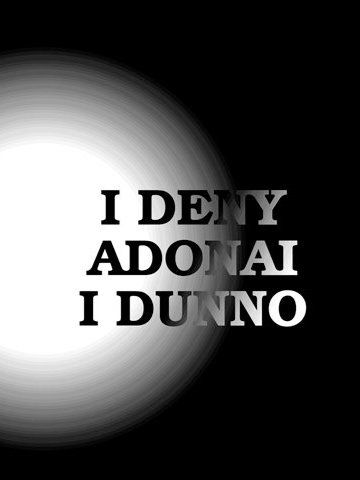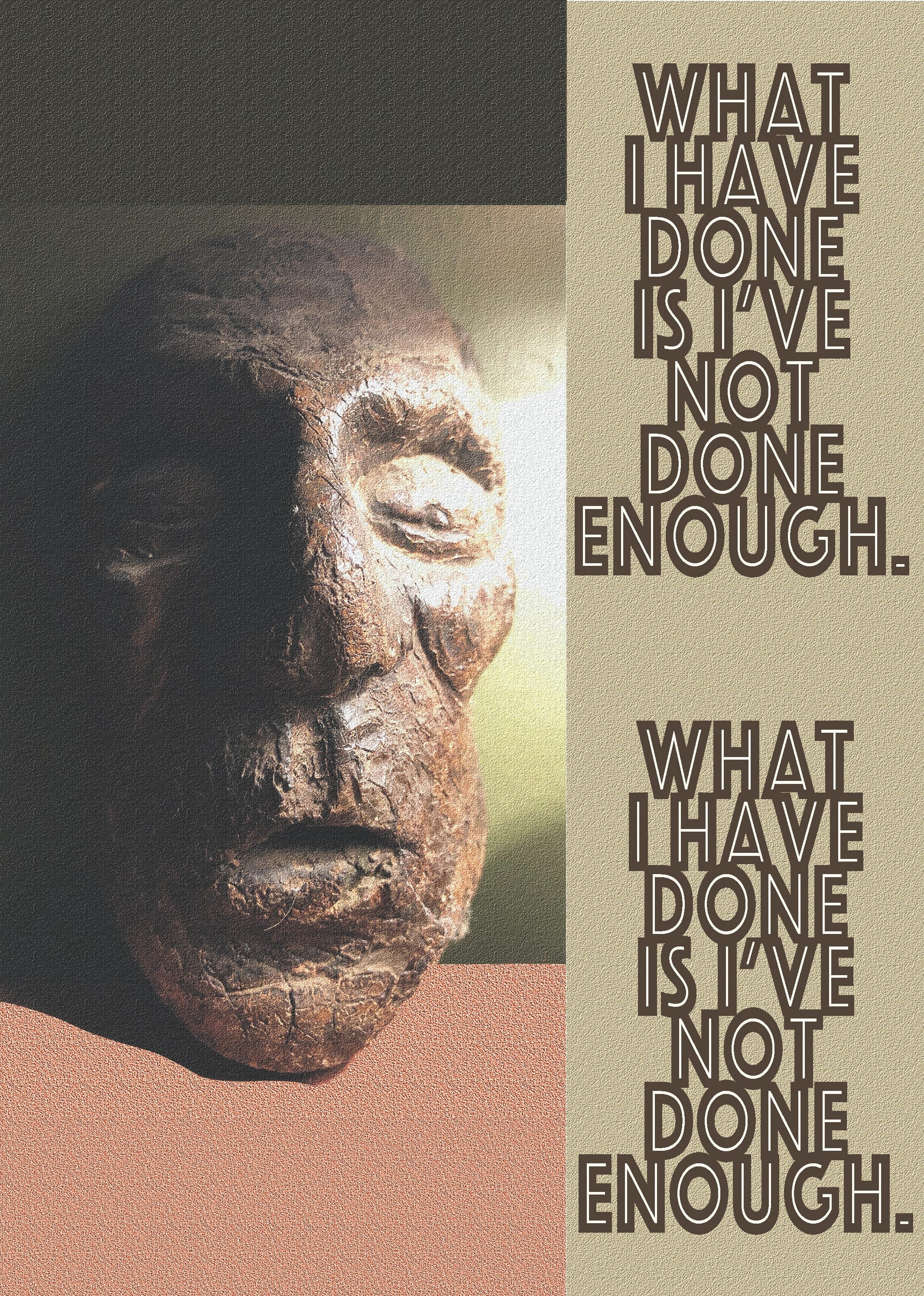BABUSHKIN’S
Essays

On writing “HYMAN”
Back in the mid-to-late 1970s, when many people in the counterculture took themselves down spiritual paths, I was giving a good deal of agitated thought to issues of human susceptibility and how gurus establish their authority. Our whole generation was being influenced by psychedelic drugs; by the Beatles’ involvement with Transcendental Meditation; by the books of Carlos Castanedas, Ram Dass, Alan Watts, Starhawk and others; by the splintering and suppression of progressive political movements following the end of the Vietnam War; and by the arrival on these shores of numerous Hindu and Vedic gurus. I had been raised as a scientific skeptic, however, and resisted the trend — but not without feeling my worldview deeply challenged by it.

The Talmud’s Atheist
One sabbath afternoon, some two thousand years ago, Rabbi Elisha ben Avuyah was studying Torah when he looked up and saw a man climbing a palm tree. The fellow had apparently spotted some birds’ nests and was breaking the sabbath law to raid them. He seized both a fledgling and its mother — another violation of halakha (Jewish law), which commands hunters to let mother birds go free — and then clambered down safely and hurried off with his prizes.
Hours later, after the sabbath had ended, Elisha again looked up to see another man approaching the same stand of trees. This man, too, climbed and took a young bird from its nest, but shooed the mother away. As he descended, he was bitten by a deadly snake, and by the time he reached the ground, the venom had done its work . . .

The Wicked child strikEs again
I was listening to a TED talk the other day by a woman attorney and activist who was complaining about how marriage is privileged by the legal, taxation, and cultural systems. However we choose to create “family,” she argued — mentioning same-sex partnerships, polyamorous relationships, platonic partnerships, and much more — we should all be entitled to the same supports, the same rights, the same opportunities. (I didn’t catch her name, and there are so many TED talks on the subject of “privilege” that I didn’t have the time to find out which was hers.)
Anyway, I agreed with her, fundamentally — until she began to explain, kind of vaguely, how capitalism was responsible for privileging heterosexual marriage. It’s true, of course, that capitalism did make normative the nuclear family, which was the most economical structure for keeping workers working. But as I listened, two thoughts that I found heretical and revelatory came into my head . . .

SINKING INTO IT
The nightmare was spiky, dense, filled with mayhem, but its climactic horror came when the beloved child tripped headlong into the marina water and sank like a boulder, without a shred of buoyancy.
I was paralyzed. The harbor went 100 feet down and he was well on his way to drowning at the bottom. I’m a weak swimmer. The only reason to dive in would be to save face, to have tried, which probably would mean my dying, too.
I woke up. O, that lovely feeling of anxiety fizzing away! I'm awake! Safe! We’re all safe! The day has begun!

IN DEMAND, OR TOO DEMANDING?
Some Thoughts about This Website
I waited many years, but I’ve now collaborated on the creation of a personal website, called “Babushkin’s Playhouse” (Babushkin being the family name from which my father’s older brothers carved out our name “Bush”). The site is a kind of museum of my creative work — books and other writings, artworks, and music — which I hope to grow into a theater of interactivity as well as a marketplace at which to sell my stuff.
There’s a degree of embarrassment involved in launching and promoting this site, because I know that my reputation as a writer and artist hovers precariously above the borderline separating people whose creative work is in demand (they have enthusiastic fans) from those who demand attention for their efforts (they have obliging friends). Embarrassed or not, however, this is how I spend many of my days: writing, creating visual art, composing and playing music, and seeking to share it all in hope that people will be moved and think well of me.

Losing Nearly Everything
For about six months now, I’ve been helping to caretake two households of Afghan refugees — a couple and a family of six. (I won’t name or individualize them, in order to preserve their identities from scrutiny or intrusion.) There are about twenty of us in the helping circle, with a dozen very, very active.
Active means paying rent, teaching English, arranging transportation (my main bailiwick), acquiring food, including halal meats (three food pantries are helping), teaching English, arranging for dental and medical help (one surgery, two tooth problems so far), arranging for driving tests, teaching English, interacting with ICE and other government agencies, providing cars, air conditioners, microwaves, food processors and other tools of daily life, teaching English, arranging for vocational and educational opportunities, and subsidizing each household with a weekly stipend.

RELEVANCE VS. LEGACY
At a gathering a couple of years back, a group of about twenty-five was discussing a topic having to do with aging (I don’t recall the exact topic because I’m aging), and the ever-insightful Letty Cottin Pogrebin noted that she was quite concerned about maintaining her relevance in today’s world. I, whose relevance has been far, far more circumscribed than hers, commented that I was less interested in relevance than in legacy.
Ever since, I’ve thought about what I was trying to express.

PSYCHEDELICS, REVIVING
I was the parent of young teenagers, struggling with how the War on Drugs was interfering with my freedom to parent them, when I wrote “Drugs and Jewish Spirituality: That Was Then, This Is Now” in the May-June 1999 issue of Tikkun magazine. The piece, which identified the powerful role psychedelics had played in the mental lives of several contemporary Jewish notables, was eventually reprinted in Hallucinogens: A Reader, edited by Dr. Charles S. Grob of the UCLA School of Medicine — which led, in 2006, to my interviewing him and four other psychedelic researchers for Jewish Currents magazine.
Among them were Rick Doblin, a Harvard Ph.D. who became the founder and leader of MAPS (the Multidisciplinary Association for Psychedelic Studies), which has been the driving force behind the growing acceptance of experimental psychedelic therapies in the mental health world. Ever since talking with him, I’ve been receiving and reading the MAPS quarterly bulletin — now in its 31st year — and I’m delighted by how much the publication has grown in range and depth from what used to be rather dull reports about small clinical studies to the exploration of major moral, ethical, social-justice, and medical issues.
